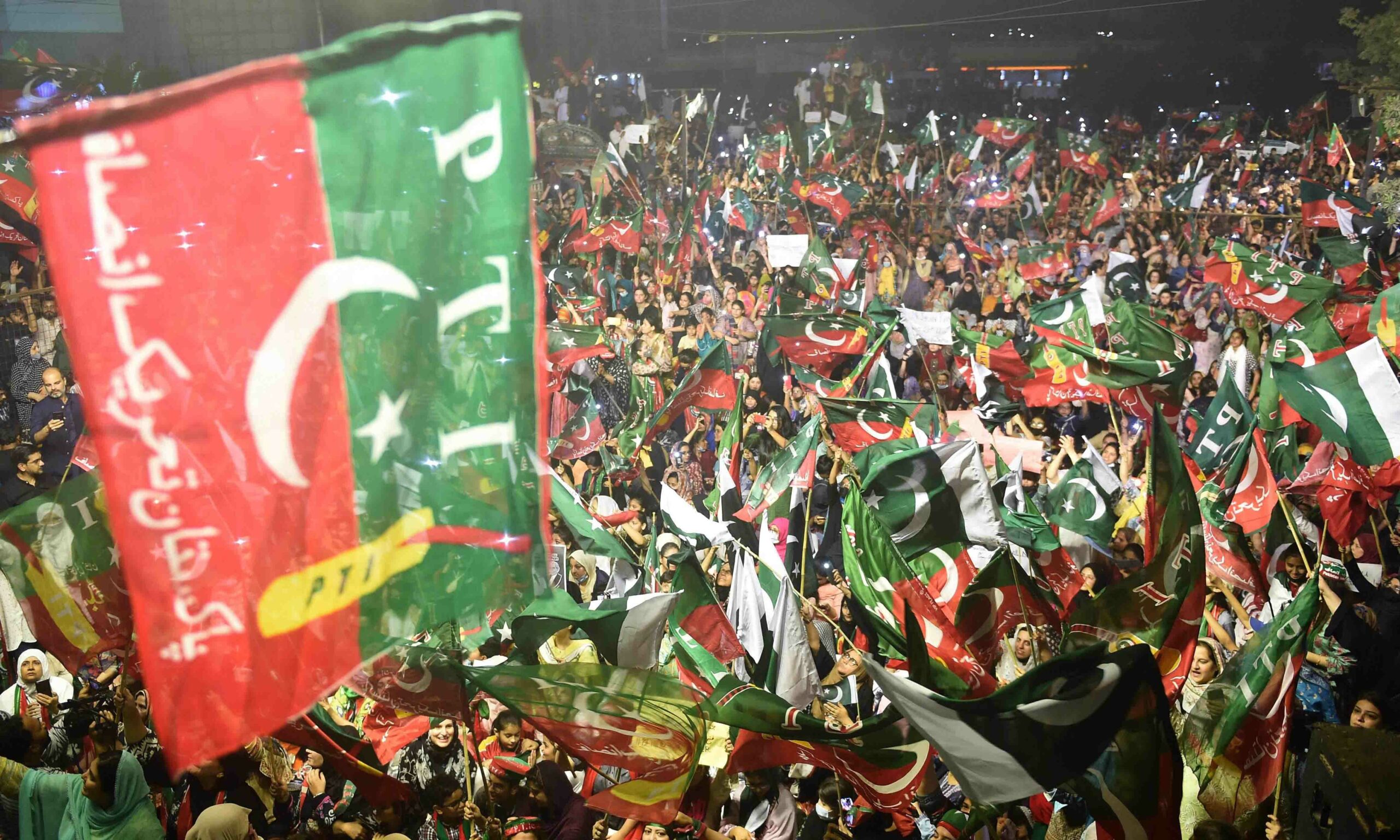Mubashar Nadeem
The possible political engagement of Qasim Khan and Suleman Khan, sons of former Prime Minister Imran Khan, may offer Pakistan Tehreek-e-Insaf (PTI) an opportunity to restore a sense of institutional balance—provided their involvement is substantive and not merely symbolic. With the political vacuum created by Imran Khan’s absence, their potential entry into active politics has sparked debate within party ranks and among political observers.
In the 2024 general elections, PTI once again demonstrated its popular support among the public. However, it struggled on key fronts—organizational coherence, leadership continuity, legal defence mechanisms, and reclaiming its electoral mandate. In this context, Qasim and Suleman’s emergence as potential figures in the party is seen as an attempt to fill the leadership void that has yet to be effectively addressed by the existing PTI hierarchy.
For a significant portion of the party’s support base, the absence of a clear successor to Imran Khan has led to ideological disorientation and organizational stagnation. The question of who will carry forward Khan’s political vision remains unresolved. If either of his sons steps forward in a meaningful role, it could reassure the party’s grassroots that leadership continuity is being maintained. However, this reassurance will only be effective if their participation is grounded in tangible political capability, institutional understanding, and strategic competence.
That said, one of the major challenges facing Qasim and Suleman is their lack of direct political experience within Pakistan. Having been raised and educated in the West, they are relatively detached from the nuanced, often volatile realities of Pakistani political life. Politics in Pakistan is not only emotionally charged but also deeply entangled with patronage networks, legal complexities, and constituency-based mobilization. In such an environment, mere familial association with a prominent political figure does not guarantee success. Without political foresight, grassroots engagement, and organizational discipline, their involvement may risk becoming a burden rather than an asset to PTI.
Moreover, PTI’s historical stance against dynastic politics adds another layer of complexity. The party has built its political narrative on merit-based leadership and opposition to hereditary political privilege. Any attempt to position Imran Khan’s sons as successors may invite criticism and allegations of hypocrisy, particularly from political rivals and civil society. Thus, the nature, scope, and method of their involvement will determine whether their presence contributes to the party’s strength or exacerbates existing divisions.
Institutional rebalancing is the area where their presence could potentially yield benefits. PTI is in dire need of structural reorganization, consistent policy direction, and a fresh generational leadership model. If Qasim and Suleman commit to learning the intricacies of political organization, engage meaningfully with party cadres, and contribute thoughtfully to decision-making processes, their role could revive PTI’s internal cohesion. However, if their entry is solely aimed at capitalizing on emotional loyalty to Imran Khan, without adequate preparation or political depth, it may backfire—damaging the party’s credibility further.
Please, subscribe to the YouTube channel of republicpolicy.com for quality content.
Internationally, Imran Khan has established himself as a political brand with significant recognition. Naturally, his sons would be expected to inherit and carry forward this brand. However, translating international appeal into local political traction demands rigorous effort, localized political learning, and an authentic connection with the electorate. Pakistani politics cannot be navigated through media optics alone; it is shaped by engagement at the grassroots level—from union councils to parliamentary forums—where real leadership is tested.
Should Qasim and Suleman formally enter the political domain, they will inevitably be compared to other dynastic political figures such as Bilawal Bhutto Zardari and Maryam Nawaz Sharif. This comparison will transcend surnames and focus instead on their individual competencies, political messaging, and ability to resonate with the masses. The pressures of such comparisons could serve either as motivation or as a limiting burden, depending on how they approach their political journey.
At face value, their involvement may appear to offer PTI a symbolic anchor—a rallying point for the party’s disillusioned base amid a period of uncertainty. However, whether this symbolism can be converted into sustained political impact depends entirely on the depth of their commitment and the strategic vision they bring. If Qasim, in particular, assumes a proactive and credible leadership role, he could introduce an element of stability and purpose within the party. But such outcomes cannot be taken for granted; they will be determined by performance, perception, and party dynamics.
While Imran Khan’s potential release from legal and political constraints may represent a turning point for PTI, the transformation of Pakistan’s deeply entrenched political system will require more than charismatic leadership. A single family or individual cannot drive the reform process in isolation. What is required is a broader, institutionalized, and ideologically coherent movement—driven by organized leadership, policy continuity, and long-term political education.
If Qasim and Suleman Khan can position themselves within this broader vision—learning from the ground up, contributing substantively to policy debates, and embodying the principles of reform rather than privilege—they may indeed play a constructive role in PTI’s resurgence. But if their presence remains limited to symbolic gestures or media-driven appearances, the result may be another missed opportunity for a party already grappling with fragmentation and disarray.
















